|
"The defining feature of modern-day parents in the UK and USA is anxiety and ‘aspirational anguish" Following on from my last post, I have recently been on BBC Breakfast TV talking about the book The Happiest Kids in the World' and I thought it would be interesting to expand on what they say about the pressures on modern parenting and, in particular, how parents in the UK and USA have been made to buy into the very destructive belief that academic achievement is the key to life success. Of course we can't simply transplant the things we like about one culture onto another, but there are things that we can reflect about - especially why we have developed the systems that we have in each country and in what way they are serving the true needs of our communities and populations. I think we have a situation in the UK where the system is no longer serving the wellbeing of children, families or teachers and (as they say at the end of the book) the only way to address this is to initiate a grassroots social revolution. We hope the four-day Festival of Childhood, that we are co-running in the summer, will help with this and we are currently thinking of ways that we can connect all the people that can't get there, but want to be involved (one is to become a member of the Save Childhood Movement). I think the revolution will come from lots of people choosing to get off the achievement and material goods bus - which is what the Millenials are already doing. There is a simpler and happier life available -we just have to decide that we want something better and get together to create it. The book highlights the fact that, in both the UK and USA, parenting expertise is evaluated through the academic accomplishments of children, rather than whether they are growing up to be happy, healthy and caring people - and that this is resulting in highly competitive and judgemental systems that are damaging to both parents and children. As in Scandinavian countries, at the heart of the Dutch culture is a society of home-loving people who place the child firmly at the centre. For Dutch parents success is defined by happiness and wellbeing – that of their children – and of themselves (the importance of adult wellbeing for child wellbeing is something that we highlighted last National Children's Day UK) . "Dutch parents have long realized that the emotional wellbeing of their children is just as important, if not more so, than any external validation of success" In stark comparison, modern culture in the UK and the USA has increasingly defined success through competition and external achievement, with child and family wellbeing secondary. ' In the UK and USA education is seen as the route to success – in the Netherlands it is seen as the route to a child’s wellbeing and their development as an individual (i.e social skills and character) – the focus is on the child and his or her burgeoning independence." As a result UK and USA parents are constantly challenged and unsettled by the combined pressure of their own desire for their children to be happy and do well, with the thoughts and opinions of their neighbours and peer groups, and increasingly strong political messages that children need ‘a head-start' in life that often involves an over-early introduction to formal learning.. The tragedy is that this simply isn't true. The success of Scandinavian systems in international league tables prove that academic achievement is fully possible without hot-housing and without competition. Nor is there any evidence that starting children in formal education early has any beneficial impact on later performance - in fact the opposite is more likely the case. 90% of countries in the world star formal learning at 6/7, because structured play gives children the time to develop all their physical, emotional and social capacities (that are so vital for later learning). "There is no research evidence to support the ‘earlier is better’ view. On the contrary, evidence for the benefits of play-based learning in early childhood shows that those nations where children start formal education later (up to the age of seven) achieve better results on average than those that start formal education earlier. Forcing children to perform tasks that go against their natural developmental instincts may produce short-term results, but often at the cost of long-term motivation and enjoyment. Too Much Too Soon Campaign, 2016 I often wish their was another English word for play that could convey the levels of concentration, creativity and complexity that children develop in the right environments and that is so well understood by schools such as those of Reggio Emilia in Italy. Play in the UK is often portrayed in the media as children standing around a sand tray - which is a travesty to anyone who has seen the real thing. The gifted pedagogue Maria Montessori felt so strongly about this that she called the children's activities 'the work of the child', rather than play, which is actually much more accurate. Many years ago I carried out a piece of research looking at children's perceptions of work and play and it was shocking that within six months of starting reception class amazingly buzzy, curious and active children, that had previously seen work as everything that you did at nursery, suddenly understood the word as something that someone else gave you (that more often than not involved paper and pens) and play as something of much less value that you got to do after you had finished. Children who are 'pressurised to perform, pushed to conform and wired for success' are not allowed to develop at their own pace and quickly learn that their own motivations, choice of activities and judgments of competence don’t count, but what does matters are the teachers choices and judgements, in pursuit of externally imposed tests and desirable outcomes i.e. the demands of what the NUT has termed 'Exam Factories. Instead of schools being dynamic places of learning, they have instead become where your worth is directly related to your academic competence - which is fine if you are academic and a tragedy if you have other skills and capacities (that are actually equally important to healthy, sustainable societies). In my mind it is simply unacceptable for us to label some children as having value and others not, when every one of us has unique interests and abilities that should be nurtured and celebrated. In a recent report the mental health charity Young Minds said that many of the young people that they work with feel constantly judged and completely 'defined by their grades' - so it is not surprising that they are demotivated and depressed. What a weird world we have created when a child with high grades is seen as successful, even if they have been self-harming or on anti-depressants for years. We need to join up the dots between achievement and mental wellbeing. Dutch society has also fought for and achieved an enviable work-life balance. "As the part-time champions of Europe, the Dutch work an average 29 hours a week, dedicate at least one day a week to spending time with their children, and pencil in time for themselves too." - although this does seem to have come as the result of the country needing to cut people's working hours and pay in order to address recession. They don't care any where near as much about material goods though and most have seen this as a beneficial move so that they can spend more time with their families. Parents in the UK are at the other end of the scale, with some of the highest working hours in Europe. The 2017 Modern Families Index reported that: Only one in five families said they have got the right balance between time (to spend with family) and money (earning or having enough income) to see their family thrive (in other words 80% felt they didn't). More than a third say they haven’t got enough time or money. In couple families, many parents both work full time. 48 per cent of couple families in the survey said they both worked full time. 57 per cent of single parents worked full time. Just under half of parents (47 per cent) think that over the last two years it has become financially more difficult to raise a family. It is interesting that the 2011 UNICEF Report on Commercialisation in Europe showed that the UK had the most commercial kids - but only because the parents were compensating for the lack of time that they could spend with them by buying things. Most of the children interviewed said that they would rather spend time together as a family. These are the other things that I have noted from the book:
I have also been thinking about the very important fact that the Dutch political system includes a highly active and rights-based independent Ombudsman for Children, whereas in England we no longer have a Government Minister with responsibility for the rights of all children, the English Children's Commissioner is 'sponsored' by the DfE (!) and we have not implemented child rights impact assessments (CRIA) - despite a UN Committee recommendation to make them statutory
but that is another blog...
10 Comments
I suspect lots of people might think I'm crazy to commit the Save Childhood Movement to an event as big as the 2017 International Festival of Childhood. Over four days we are bringing together an extraordinary gathering of speakers to talk about what's going on in the lives of young children and how we can create a more caring and meaningful world. We have committed to two major venues, with all the staging and promotional costs of putting on a top-notch event. Not only that but we are working with a wonderful creative partner in Bath who is overseeing an extravaganza of playful external events and activities - all of which will be free. So we will have what we hope will be an internationally important conference embedded within a city-wide celebration of childhood. The movement is not a large organisation, supported by major sponsors or members of the national media. Instead it's a young and totally voluntary organisation that, other than two small national lottery grants that it was awarded for the development of National Children's Day UK, has been pretty much self-funded. In the three years since its launch people have freely given what has amounted to thousands of hours of voluntary time and expertise, but we still rely on a tiny core team. Any funds that we raise this year will go to ensuring that we can grow our team and its activities in a solid and sustainable way. Each topic that we are covering in the festival subsequently deserves a conference of its own and, if it is successful, this is something that we plan to help happen. We also want to initiate a series of national conversations about the kind of values we really want to see in society. My own feeling is that big problems demand big solutions and one of the issues with current political leadership is that it focuses only on the short-term, rather than inspiring people to come together to re-write the rules and shape a better and more compassionate future. We have to start somewhere and thinking small simply isn't going to hack it. This morning I read Sian Griffiths' Sunday Times review of Michele Hutchison and Rina Mae Acosta's book 'The Happiest Kids in the World'. The book documents Michele's experience of moving from the UK to bring up her children in Amsterdam and the huge gulf between the pressurised, competitive way she was brought up and the Dutch parenting style. "In Holland family life is fiercely valued. Instead of a culture of long office hours, it is a matter of national pride to leave work early to spend time with your children...There is no exam pressure for under tens or homework in primary schools. Instead the importance of having friends and building social skills is emaphasized." "Childhood over here consists of freedom, plenty of play and little academic stress...In contrast we see British parents feeling constantly challenged and unsettled by their own unrealistic expectations and by other people's opinions... Parents in the UK put kids under immense pressure to succeed and be perfect." I resonate with this because it took me years to throw off the 'having to be perfect' burden of my own British up-bringing. I was terrified of failure and the result was that I held back from doing the things that I really felt drawn to and speaking up about the things that I cared about. It is only in my later years that I have realised that I am more terrified of coming to the end of my days without having tried - and that what matters for all of us is that we can become the best versions of ourselves. Nature has not designed us all to be the same, for the very good reason that human communities only work when there is a rich and varied profusion of interests, talents and capabilities that cover all the aspects that make things work. We need people that are great with their hands and can take things apart and put them together again. We need carpenters and electricians and builders and plumbers and gardeners. We need thinkers, explorers, innovators and and scientists. We need artists and writers, musicians and healers. We need people that lead and people that are happy being led. What we don't need is a world where, from the youngest age, children are separated from their natural instincts as exhuberant lifelong learners and where people are made to feel that they only have value and worth within a very limited range of human capacities,. That is what we are trying to say through the festival - that human beings are extraordinary, diverse, multi-talented and complex creatures - each one of us totally unique and capable of whatever has richness and meaning for us as individuals. But we are also innately social beings that understand ourselves and grow through our relationship with others. Somehow we have allowed systems to be created that have failed to acknowledge this, that have made us fear judgment and failure more than not being who we really are, and that have made success all about qualifications and things, rather than fulfillment and worth. Outer wealth has come at the cost of inner wealth - and that is too high a price to pay.
We want every child to feel valued and special and that can only come about if we are brave enough to question all the old systems through the lens of child, family and community wellbeing. That is what the festival is about and is why I hope you will support us at the event and become part of the solution. Hopefully this is just the beginning of us working together to bring in the new... You can see the festival website on www.festivalofchildhood.com - and we are now also on Twitter |
AuthorWendy Ellyatt ArchivesCategories
All
|
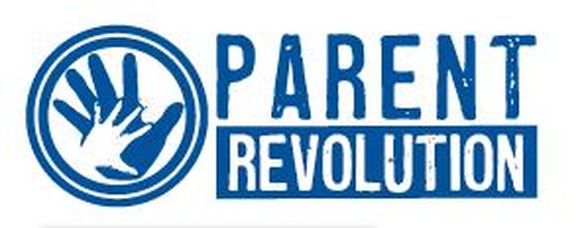
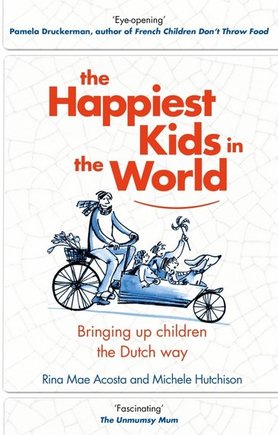
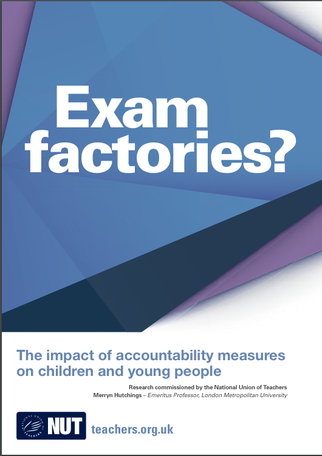
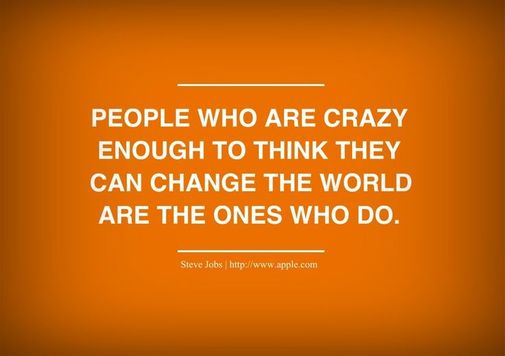
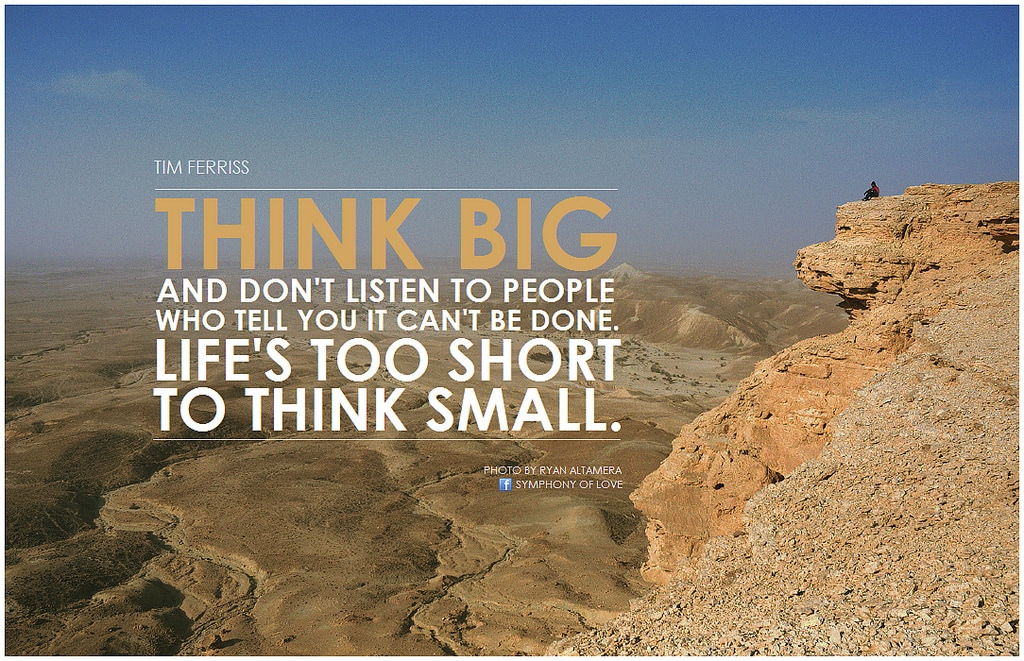
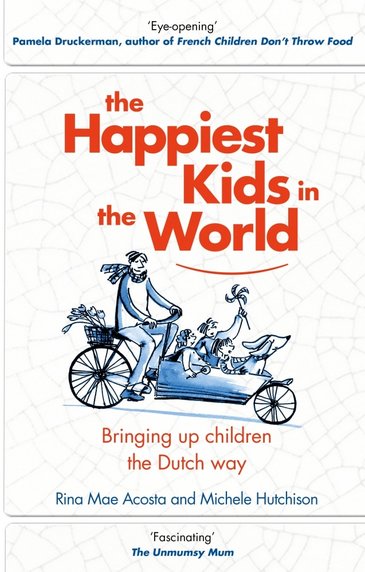
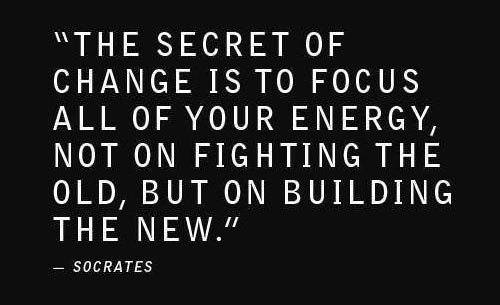
 RSS Feed
RSS Feed